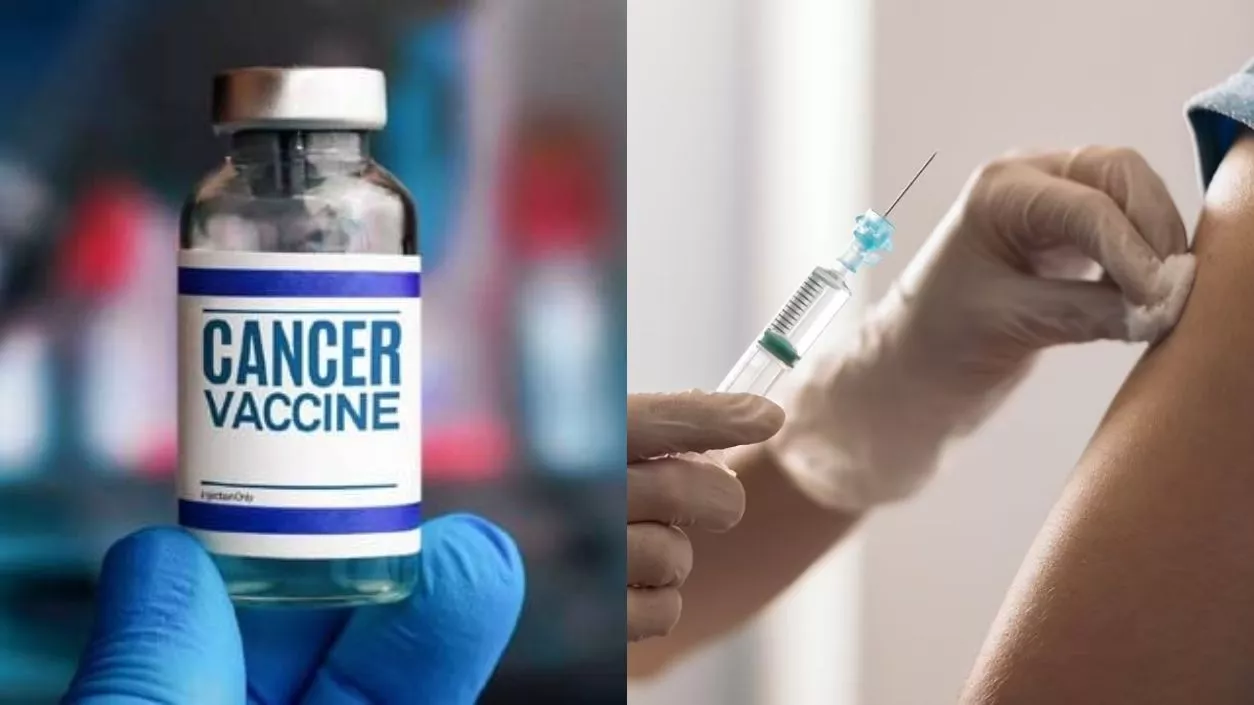.gif)
.gif)

Russia has developed a personalized mRNA-based vaccine for cancer treatment, which is scheduled for launch in early 2025. The vaccine is designed to treat cancer patients by using genetic material from their own tumors. It will be distributed free of charge to Russian citizens, marking a significant advancement in the country's efforts to combat rising cancer rates. In 2022, over 635,000 new cancer cases were reported in Russia, with the most common cancers being colon, breast, and lung cancer. The development of this vaccine is aimed at providing a novel treatment option for patients with these and other cancers.
The vaccine operates by targeting antigens, which are unique proteins found on the surface of cancer cells. These antigens are derived from the patient’s own tumor, and the vaccine trains the immune system to recognize and attack the cancer cells by stimulating the production of antibodies. Unlike traditional vaccines that prevent diseases, this cancer vaccine is tailored to treat existing cancer, providing a personalized approach that can be adapted to the unique genetic makeup of each patient’s tumor.
Developed through a collaboration between Russian research centers, the vaccine will cost approximately 300,000 rubles (USD 2,869) per dose to produce. However, it will be provided at no cost to the Russian public, making it more accessible for cancer patients. The vaccine’s creation is part of a broader effort to tackle the increasing cancer burden in Russia, where cancer has become one of the leading causes of death. The country’s health authorities hope that this new vaccine will play a pivotal role in reducing the cancer mortality rate.
The development of the vaccine is highly dependent on artificial intelligence (AI) and neural network computing to facilitate its production. The use of AI significantly shortens the time needed to develop personalized vaccines, a process that would traditionally take much longer. According to the Russian Ministry of Health, this technology reduces the vaccine development time to as little as one hour, compared to several days or weeks with conventional methods. This AI-driven approach allows for faster and more efficient vaccine production, which is critical for treating cancer patients in a timely manner.
While specific details about which cancers the vaccine will target remain undisclosed, preclinical trials have shown promising results. The vaccine has demonstrated the ability to suppress tumor growth and prevent metastasis in early-stage trials. These findings suggest that the vaccine could be an effective treatment for a wide range of cancers, potentially providing a new weapon in the fight against the disease. Research is ongoing to further evaluate its safety, efficacy, and potential applications in treating different types of cancer.
Russia's mRNA cancer vaccine development adds to a growing field of personalized cancer treatments being researched worldwide. In the United States, researchers have tested personalized vaccines for glioblastoma, an aggressive form of brain cancer, with some success. The University of Florida's trials on glioblastoma patients have shown that the vaccine can prompt an immune response within days. Similarly, the UK is conducting trials on personalized vaccines for melanoma, a deadly form of skin cancer. These international efforts highlight the potential for personalized vaccines to revolutionize cancer treatment, offering targeted therapies that could complement or replace traditional cancer treatments like chemotherapy and radiation.